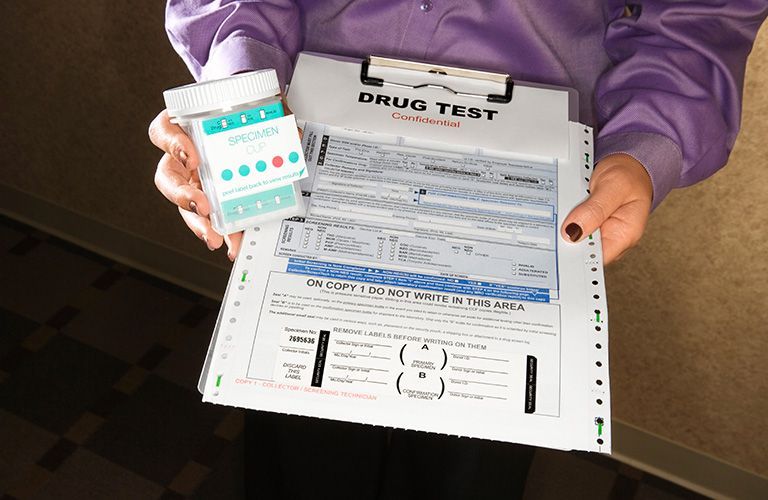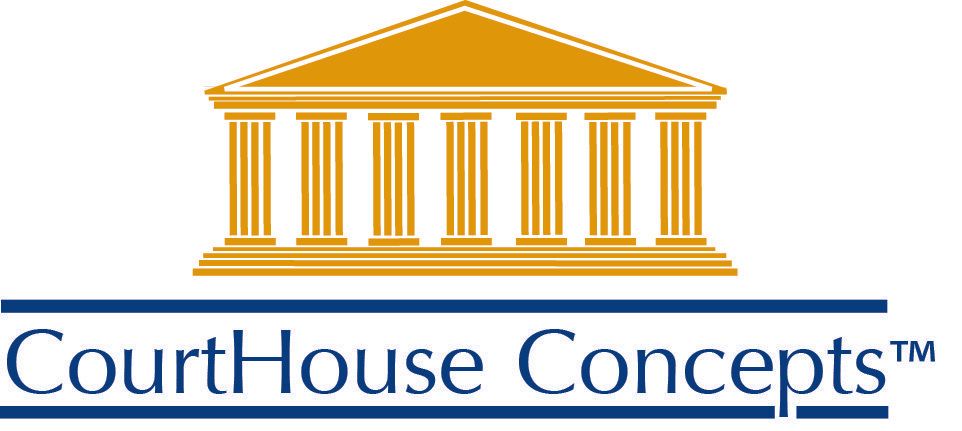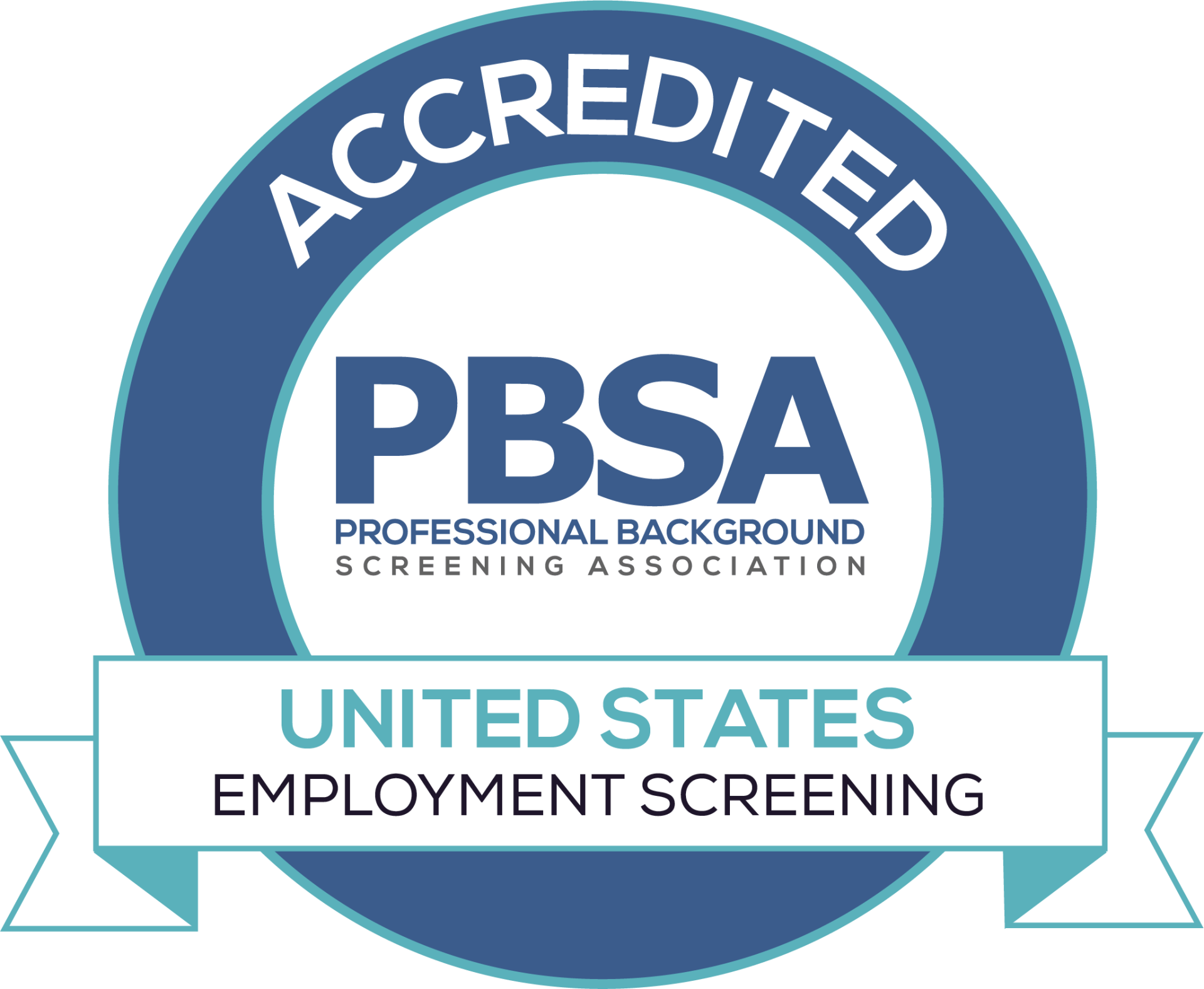A Brief Overview of FCRA Requirements for Employers
Mark Ridgeway • December 16, 2020

Employers shouldn’t risk potential exposure to class action lawsuits on the basis of violating the notice requirements under the Fair Credit Reporting Act (FCRA).
FCRA litigation was the highest on record at the close of 2019 and continues to rise. Many of these cases have been brought on a class basis for purely procedural violations and have resulted in multi-million-dollar settlements.
Anytime an employer requests a “consumer report” on an applicant or employee, obligations under the FCRA are triggered. Consumer reports can include a broad range of categories, including driving records, criminal records, credit reports and other reports from third parties, such as drug tests.
Employers are required to both disclose their intention to obtain a consumer report and obtain written consent from applicants or current employees prior to requesting a consumer report. Upon receiving the consumer report, if the employer intends to take an adverse action, such as disqualifying the applicant or firing an employee, there are specific notice requirements the employer must follow. These two employer actions present the greatest risk for falling into noncompliance.
So, here’s a quick review of current forms that may help you eliminate potential exposure…
The Stand-Alone Disclosure and Authorization Form
Employers who wish to conduct background checks of either job applicants or current employees must disclose to the applicant/employee that the employer may obtain a consumer report for employment purposes.
The disclosure can be presented at the time of an employment application but should be a separate document. The disclosure must be “clear and conspicuous” and must be in a “document that consists solely of the disclosure.” In the case of the disclosure, less really is more.
Some examples of what NOT to include:
• Don’t include language that claims to release you from liability for conducting, obtaining, or using the background screening report;
• Don’t include a certification by the prospective employee that all information in his or her job application is accurate;
• Delete any wording that purports to require the prospective employee to acknowledge that your hiring decisions are based on legitimate, nondiscriminatory reasons; and
• Get rid of overly broad authorizations that permit the release of information that the FCRA doesn’t allow to be included in a background screening report – for example, bankruptcies that are more than 10 years old.
In addition to the disclosure form and the FTC form summary of rights,
the employer must also receive written authorization from the applicant/employee to obtain the consumer report.
Adverse Action Notices: Preliminary and Final
Secondly, an employer who decides to disqualify an applicant or terminate an employee based partly or wholly on a consumer report obtained under the FCRA is taking an adverse action and therefore must provide two
adverse action notices to the applicant/employee.
The preliminary notice of adverse action should do two things:
• Provide the applicant/employee with a copy of the report.
• Provide or enclose a copy of a summary of the applicant/employee’s rights under the FCRA.
The final notice of adverse action should advise the applicant/employee that an adverse action is being taken as a result of the consumer report that was previously provided to him/her. As part of the summary of rights under the FCRA, the applicant/employee has the right to dispute the accuracy or completeness of any information in the consumer report by contacting the agency directly.
As always, let CourtHouse Concepts know how we can help or if you have any questions on disclosure requirements!
Have questions? Let's talk!

Drug testing in the workplace is a practice that has gained significant attention in recent years. It involves screening employees for the use of illicit substances and, in some cases, the abuse of prescription medications. While there are arguments against workplace drug testing, it undeniably offers numerous benefits to both employers and employees. In this blog post, we will explore the advantages of employee drug testing programs and why you should implement one for your business. Safety and Productivity One of the most compelling reasons for drug testing in the workplace is the enhancement of safety and productivity. Employees under the influence of drugs or alcohol are more likely to cause accidents, make errors, and exhibit impaired judgment. Drug testing helps identify individuals with substance abuse issues, preventing them from putting themselves and their colleagues at risk. A safer workplace leads to increased productivity, as employees can focus on their tasks without worrying about the consequences of impaired coworkers. Legal Compliance Many industries and government contracts require drug testing as part of compliance with specific regulations. By implementing drug testing, employers can ensure they meet these legal requirements, avoiding potential fines or the loss of contracts. This legal compliance also extends to workers' compensation claims, where having a drug-free workplace can be essential in demonstrating that accidents were not caused by substance abuse. Reduction of Healthcare Costs Drug testing can contribute to reducing healthcare costs. Employees struggling with substance abuse issues often require more medical attention due to the health problems associated with drug and alcohol use. Identifying these individuals early on and offering support and treatment can lead to healthier employees, lower healthcare expenses, and a reduced burden on insurance premiums. Reduce Legal Liability The U.S. Department of Labor estimates that drug use by employees cost businesses billions of dollars annually as a result of workplace accidents. The implementation of a drug testing policy can assist your business in reducing these costs by lowering your risks and liability. Improved Employee Morale A workplace free from substance abuse concerns can boost employee morale. When employees know their colleagues are not abusing drugs or alcohol, they are more likely to feel safe, respected, and motivated. This can lead to increased job satisfaction and a more positive work environment, ultimately reducing turnover rates. Enhanced Company Reputation Employers that invest in drug testing programs demonstrate a commitment to a safe and responsible workplace. This commitment can enhance a company's reputation, making it more attractive to potential employees, customers, and partners. A strong reputation for maintaining a drug-free environment can differentiate a company in a competitive marketplace. Early Intervention Drug testing not only identifies employees with substance abuse issues but also offers an opportunity for early intervention. Employers can connect these individuals with resources, such as Employee Assistance Programs (EAPs), counseling, and treatment options. Early intervention can prevent the escalation of substance abuse problems and help employees overcome their issues, ultimately preserving their careers. Deterrence The knowledge that random drug testing is in place can act as a deterrent for employees who may consider using drugs or alcohol inappropriately. The fear of testing positive can discourage substance abuse and create a culture of accountability within the workplace. In conclusion, when administered fairly and with respect for employees' rights, drug testing can be a valuable tool in promoting a healthier and more prosperous workplace. Ultimately, the benefits of workplace drug testing outweigh the potential drawbacks, leading to safer, more productive, and more successful organizations. At CourtHouse Concepts, we can provide and manage pre-employment drug screening and set up random drug testing for your company. Call us today for a custom proposal!




